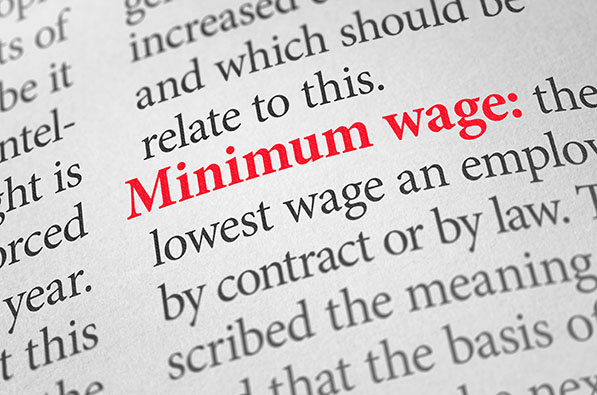It’s official — the California minimum wage will increase to $15.50 per hour for all employers effective January 1, 2023, as California Director of Finance Keely Martin Bosler has officially certified the 3.5 percent increase. Small businesses (those with 25 or fewer employees) will be hit hard since the required minimum wage will jump from the current $14 per hour to $15.50 per hour.
Once the minimum wage reaches $15 per hour, as it did in January for employers with 26 or more employees, the California Director of Finance must annually determine and certify to the governor and Legislature whether the minimum wage must be adjusted for inflation and calculate the increase, which is the lesser of 3.5 percent or the rate of change in inflation.
Between July 1, 2021, and June 30, 2022, the California Department of Finance calculates the U.S. Consumer Price Index for Urban Wage Earners and Clerical Workers (U.S. CPI-W) increased 7.9 percent compared to the previous 12-month period. California Labor Code section 1182.12 requires that when the rate of increase in inflation exceeds 7 percent, the minimum wage for all employers — not just those with 26 or more employees — must be set to the same amount.
Remember, the minimum wage increase also increases the minimum salary for exempt employees in California. Beginning January 1, 2023, the new exempt salary threshold will be $64,480 per year ($5,373.33 per month) for all employers, regardless of size.
Katie Culliton, Editor, CalChamber
CalChamber members can read more about Wage and Hour Enforcement and Penalties in the HR Library, which also includes minimum wage Q&As like If the minimum wage rate changes mid-pay period or mid-workweek, do we pay the new higher rate for the entire pay period or workweek? and Do I have to pay out an employee’s vacation at the higher minimum wage rate even though the employee earned all of it at the previous year’s lower rate? Not a member? See how CalChamber can help you.



